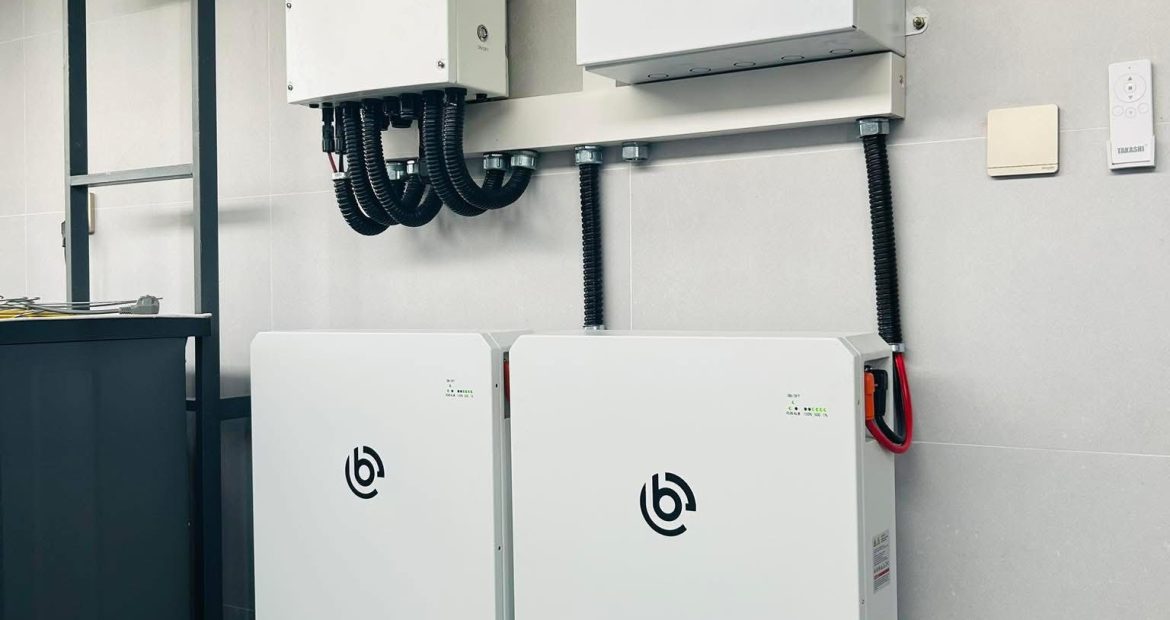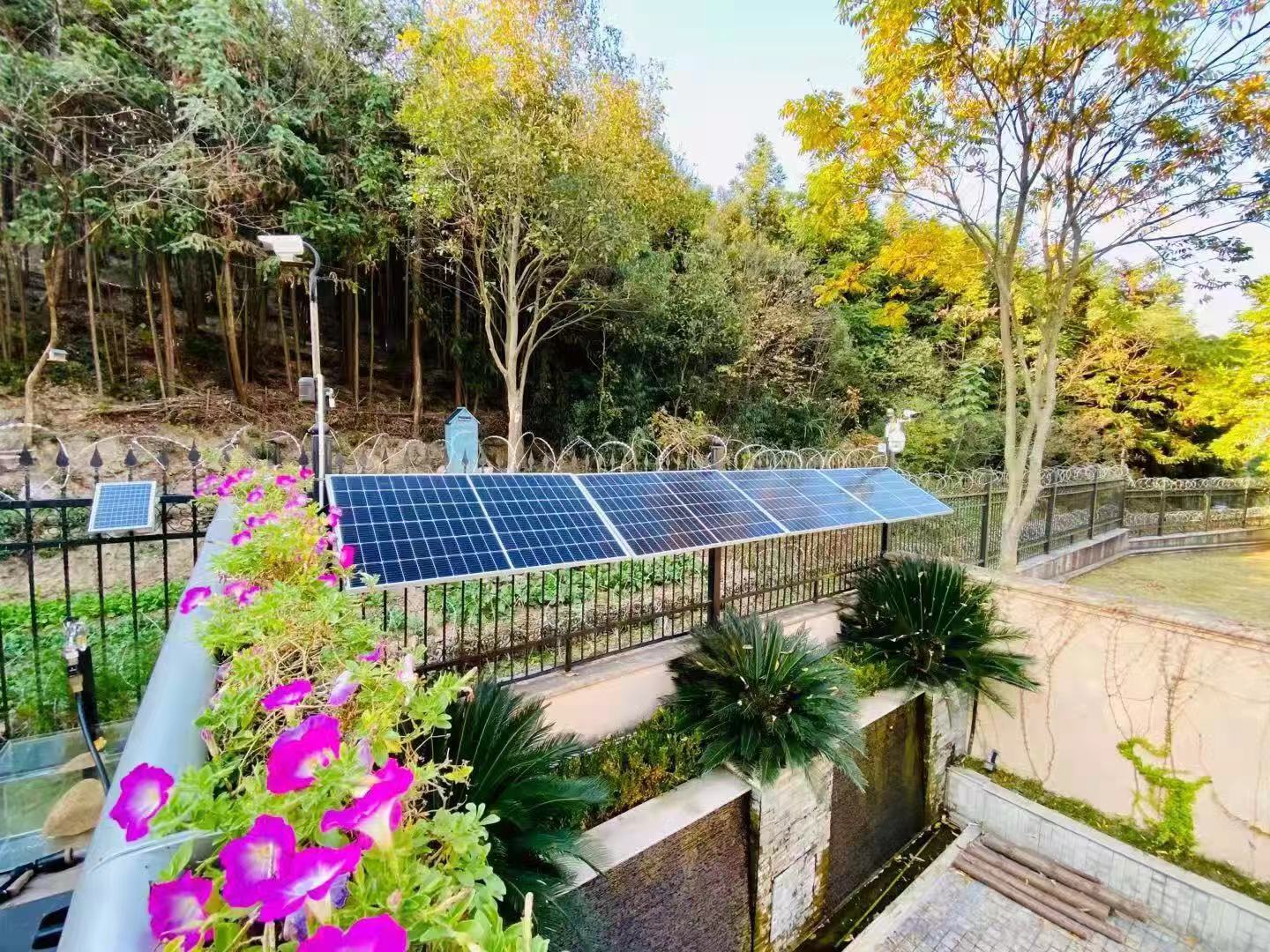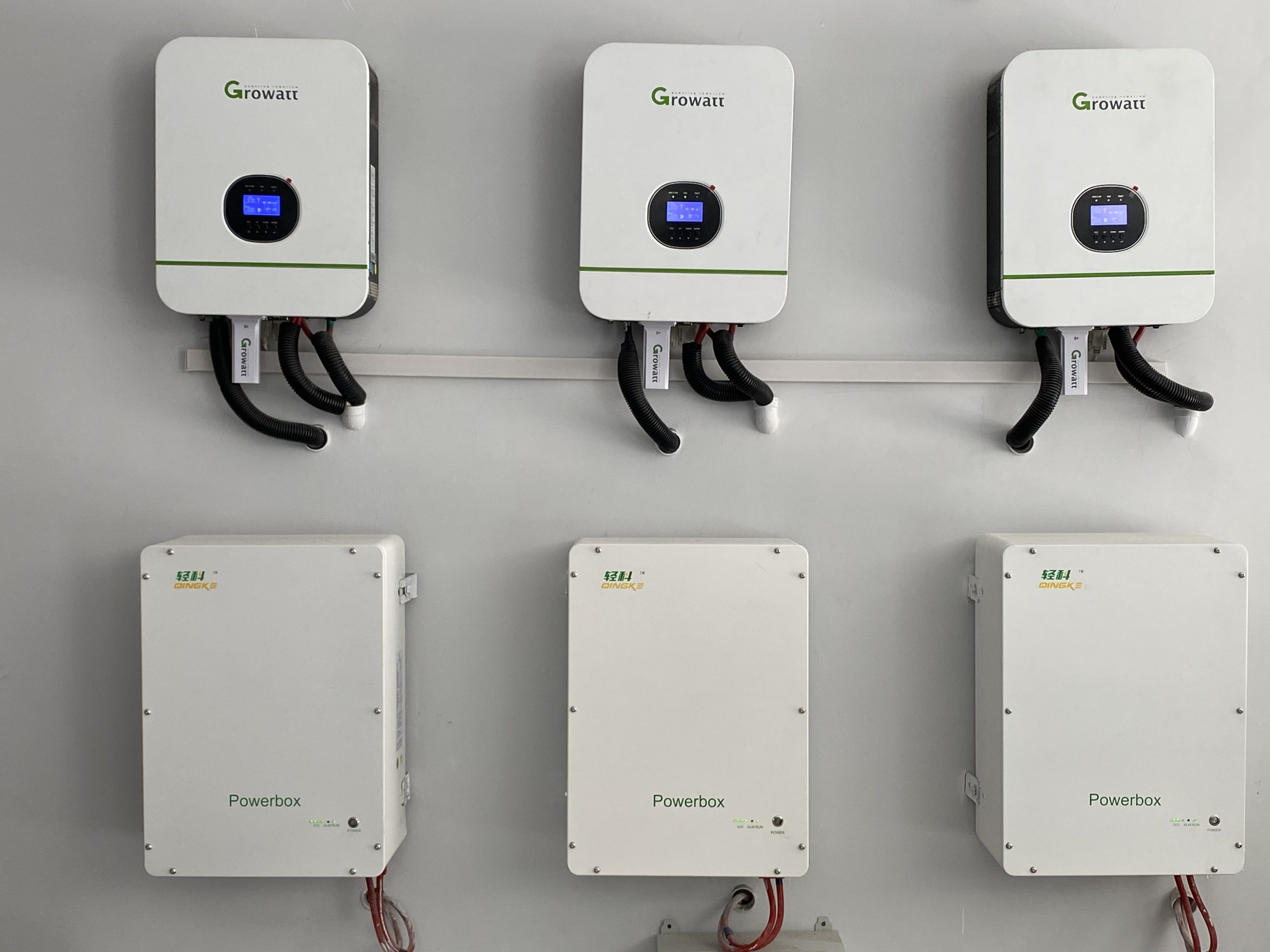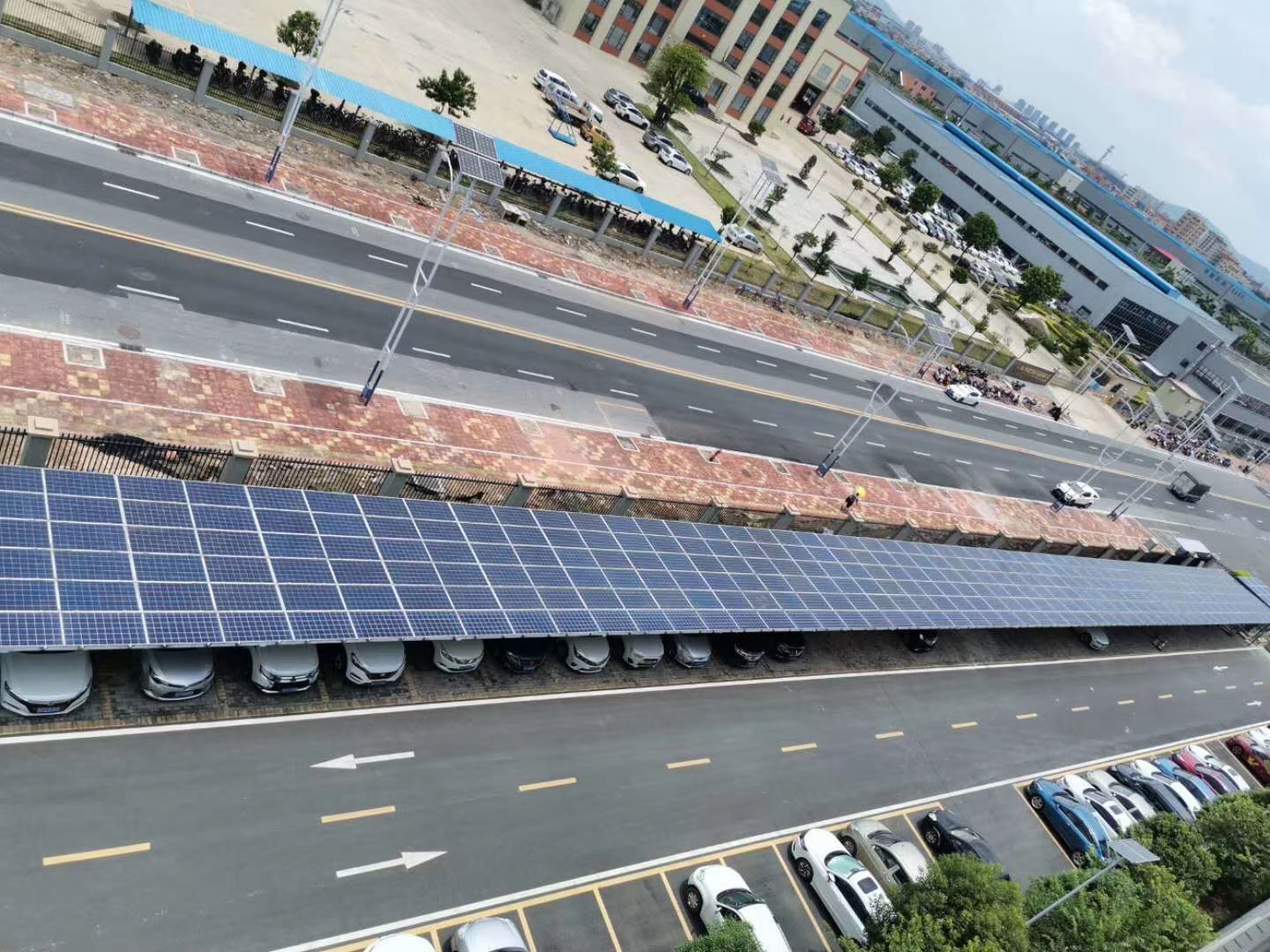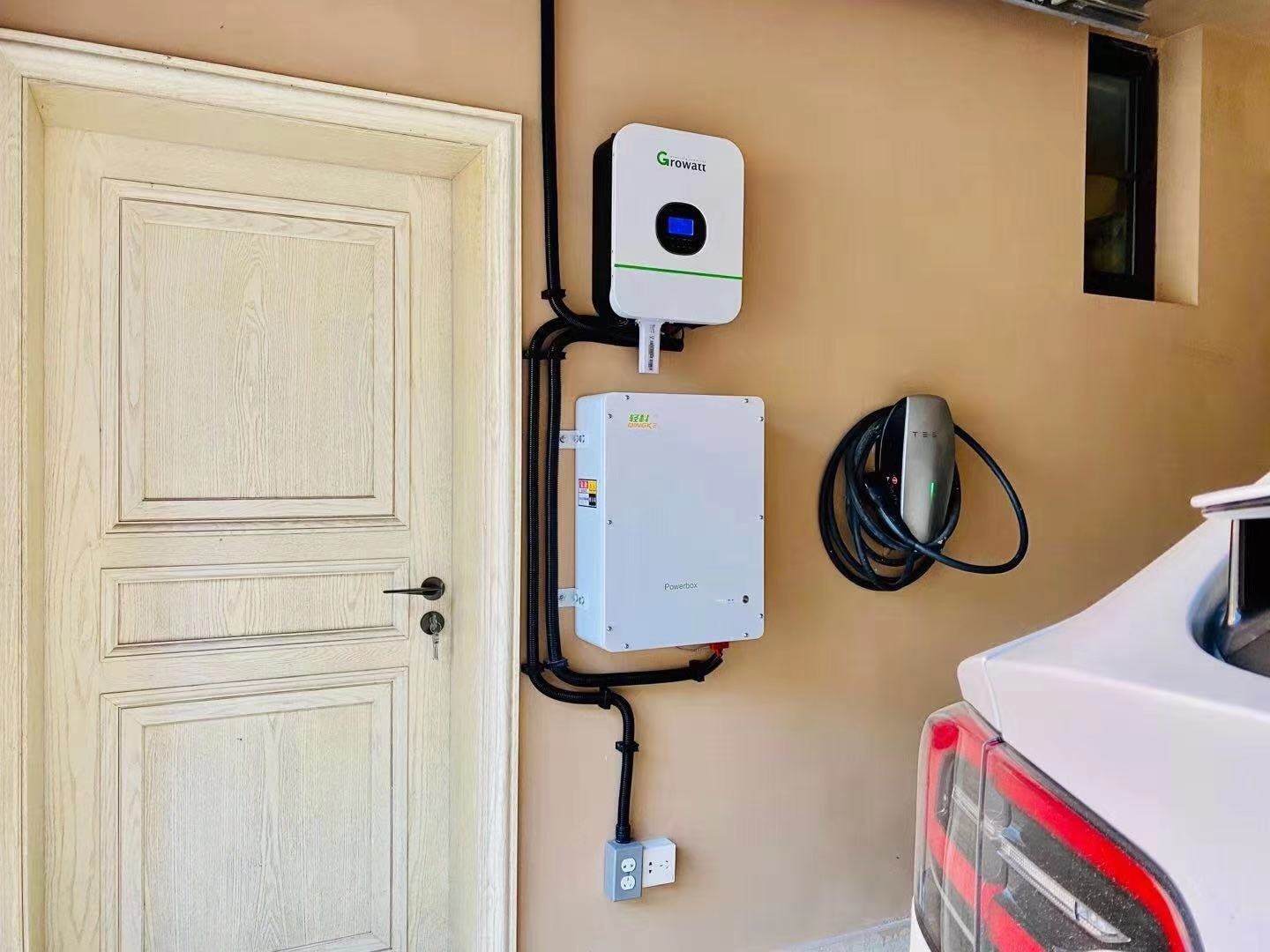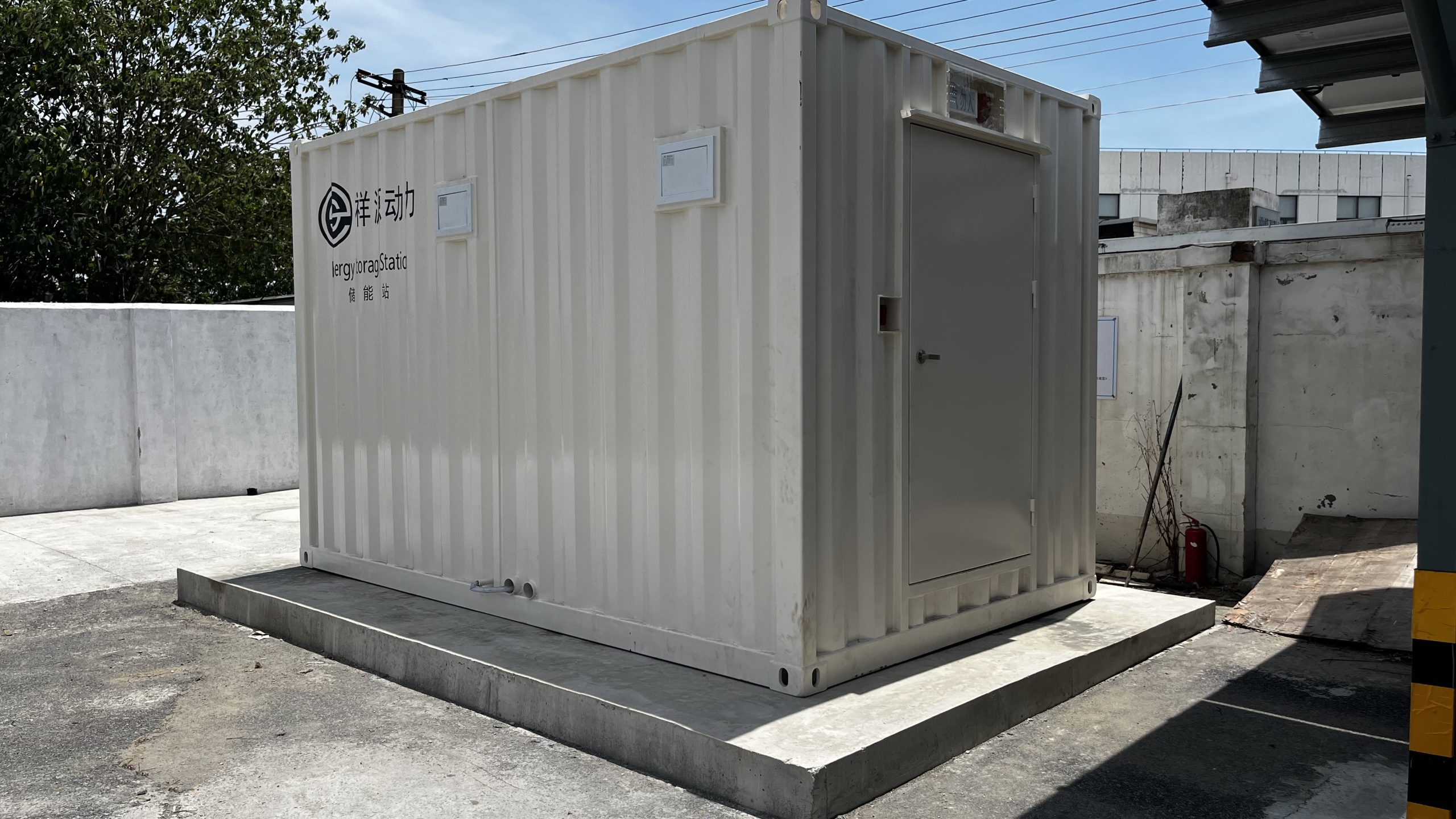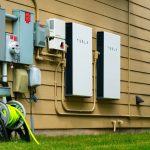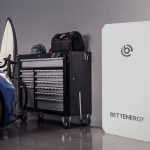Thinking about backup power for blackouts? Want to save on energy bills or go green with solar? Not sure which home battery is right for you? Read on!
In today’s world, energy independence is more important than ever. Power outages, rising electricity costs, and a growing awareness of environmental issues have many homeowners searching for the best home battery. But with so many options, choosing the right battery can feel like picking a needle out of a haystack—while wearing oven mitts. In this guide, you’ll learn what to consider, what to avoid, and how to find a battery that fits your needs (and your house).
Understanding Home Batteries: What’s All the Buzz About?
Home batteries are changing the way you use electricity. They store energy—often from solar panels—so you can use it when the sun isn’t shining, or when the grid goes down. Imagine never having to hunt for candles during a blackout again! Home batteries can help you save money, reduce your carbon footprint, and keep your home running during emergencies. But not all batteries are created equal. Some are as reliable as your favorite pair of socks, while others… not so much.
Reference: U.S. Department of Energy: Battery Storage for Home
Key Factors to Consider When Choosing a Home Battery
Before you rush out and buy the first shiny battery you see, slow down. Here are the most important things to consider:
Capacity: This tells you how much energy the battery can store. If you want to power just your fridge and Wi-Fi, you’ll need less capacity than if you plan to run your air conditioner, microwave, and a disco ball all night long.
Power Output: This is how much energy the battery can deliver at once. A high output is important if you want to run several big appliances at the same time. If you only need to charge your phone and keep the lights on, a lower output may be fine.
Chemistry: Most modern home batteries use lithium-ion or lithium iron phosphate (LiFePO4) cells. LiFePO4 is safer, lasts longer, and is less likely to turn your garage into a science experiment gone wrong.
Cycle Life: This is how many times the battery can be charged and discharged before its capacity starts to fade. If you want your battery to last longer than your collection of expired coupons, look for a high cycle life.
Warranty and Certifications: Always check for certifications like UL, CE, or IEC. A good warranty is like a safety net for your investment.
Reference: Battery University: Types of Lithium-ion
High vs. Low Voltage: Which One Makes Sense for You?
You’ll see terms like “high voltage” and “low voltage” thrown around. Don’t panic—this isn’t a physics exam. Here’s what you need to know:
High Voltage Batteries: These are great for larger homes or for people who want to run several big appliances at once. They’re efficient and can deliver more power, but they often cost more.
Low Voltage Batteries: Perfect for smaller homes, cabins, or if you only need backup for a few essentials. They’re usually more affordable and easier to install.
For example, if you live in a mansion with three fridges and a hot tub, go high voltage. If you’re in a cozy cottage with just a laptop and electric kettle, low voltage is probably enough.
Reference: SolarReviews: High-voltage vs. Low-voltage batteries
Compatibility: Will It Work With Your Solar System?
Not all home batteries play nicely with every solar inverter or home energy system. It’s like trying to fit a square peg in a round hole—frustrating and possibly noisy. Always check compatibility with your existing solar panels, inverter, and electrical setup. Many manufacturers, like Bettenergy, offer custom designs and OEM/ODM services to help you get the right fit.
If you’re not sure, ask your installer or the battery manufacturer. Otherwise, you might end up with a very expensive paperweight.
Reference: Clean Energy Reviews: Battery Compatibility
Safety First: Don’t Let Your Battery Become a Science Experiment
Safety should never be an afterthought. Look for batteries with advanced Battery Management Systems (BMS) that protect against overcharging, overheating, and short circuits. Certified products are tested to meet strict safety standards
